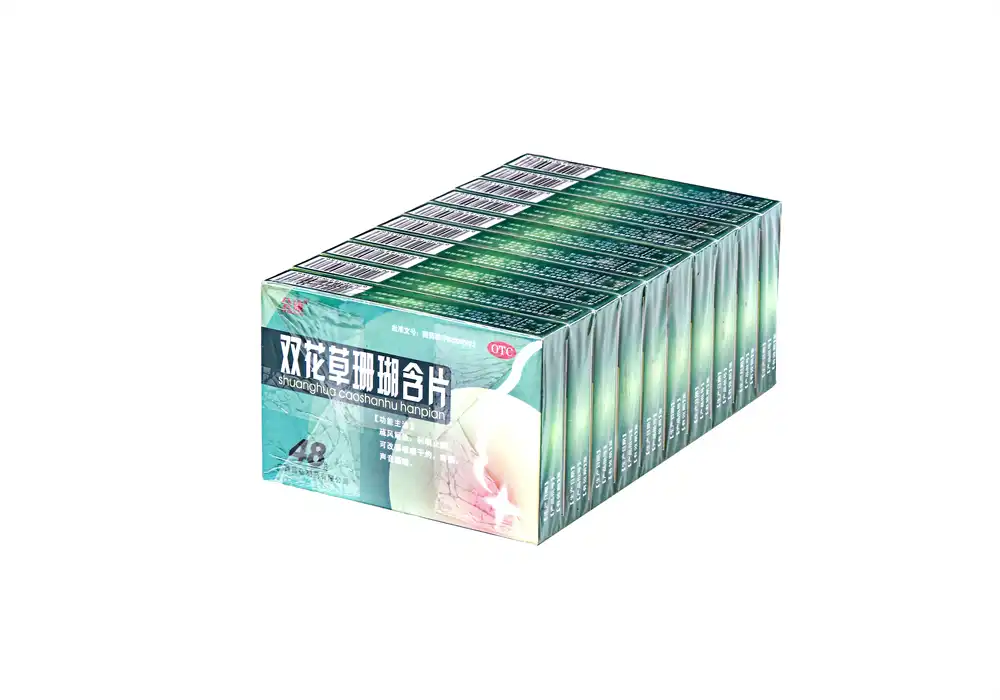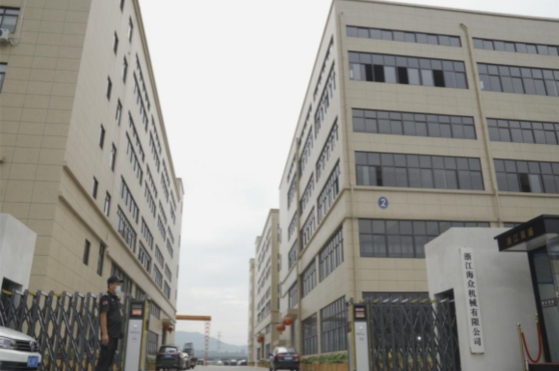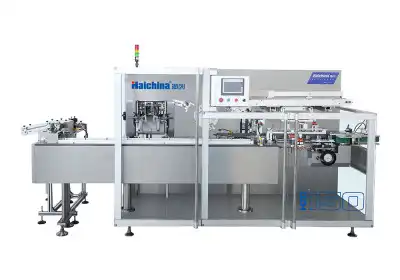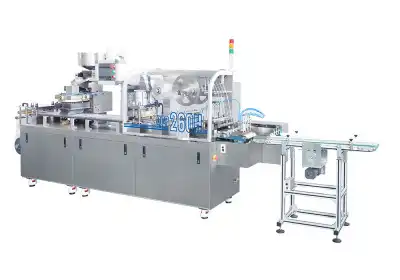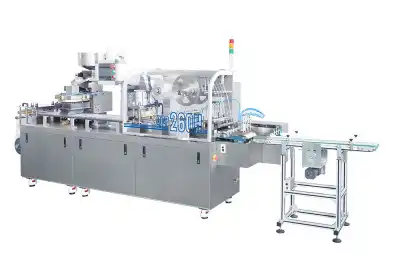The Evolution of Box Wrapping Technology
From Manual to Automated: A Packaging Revolution
The travel of box wrapping has come a long way from manual methods to today's mechanized wonders. In the past, bundling was a labor-intensive handle, inclined to irregularities and wasteful aspects. The presentation of semi-automatic wrapping machines stamped the to begin with step towards computerization, but it wasn't until the approach of completely programmed box wrapping machines that the industry experienced a genuine insurgency.
These cutting-edge machines integrate seamlessly into production lines, offering a continuous and uninterrupted packaging process. They can handle various box sizes and shapes, adapting to different product requirements with minimal setup time. The evolution of box wrapping technology has not only increased production speeds but has also significantly improved the quality and uniformity of packaging.
Key Technological Advancements in Wrapping Machines
Modern box wrapping machines incorporate several technological advancements that contribute to their reliability. Servo motors ensure precise control over wrapping tension and speed, resulting in consistently tight and secure packaging. Vision systems and sensors allow for real-time adjustments, maintaining accuracy even when dealing with minor variations in box dimensions.
Additionally, the integration of programmable logic controllers (PLCs) enables these machines to store multiple wrapping programs, facilitating quick changeovers between different product lines. This flexibility, combined with robust construction using high-grade materials, ensures that automatic box wrapping machines can withstand the rigors of continuous operation in industrial environments.

Industry-Specific Adaptations
Box wrapping machines have been adapted to meet the specific needs of various industries. In the pharmaceutical sector, for instance, these machines are designed to comply with stringent hygiene standards and often include features for tamper-evident packaging. For the food industry, box wrappers may incorporate modified atmosphere packaging capabilities to extend product shelf life.
The cosmetics industry benefits from wrapping machines that can handle delicate products and apply decorative finishes. These industry-specific adaptations demonstrate the versatility and reliability of automatic box wrapping technology across different sectors.
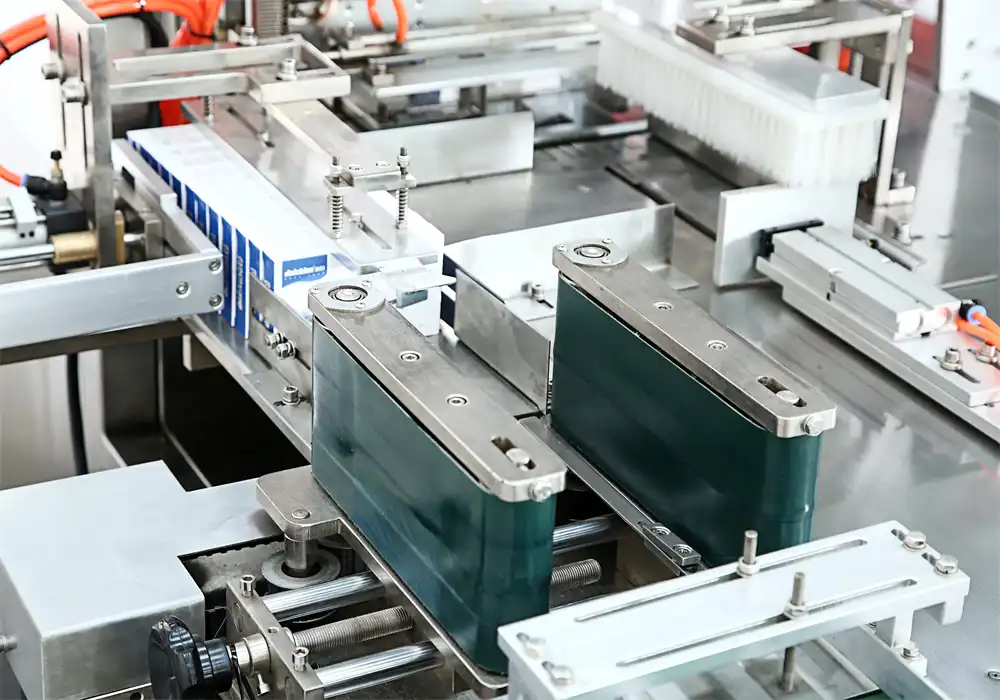
Assessing the Reliability of Automatic Box Wrapping Machines
Factors Contributing to Machine Dependability
The reliability of automatic box wrapping machines is underpinned by several key factors. Firstly, the quality of components used in their construction plays a crucial role. Reputable manufacturers, like Zhejiang Haizhong Machinery Co., Ltd., use high-grade materials and precision-engineered parts to ensure longevity and consistent performance.
Another significant factor is the machine's design. Ergonomic layouts that facilitate easy access for maintenance and troubleshooting contribute to reduced downtime. Furthermore, the incorporation of fail-safe mechanisms and redundant systems helps prevent catastrophic failures and ensures continuous operation even if a single component malfunctions.
Maintenance and Longevity Considerations
While automatic box wrapping machines are built to last, their long-term reliability depends heavily on proper maintenance. Regular servicing, including lubrication of moving parts, inspection of wear components, and calibration of sensors, is essential for optimal performance. Many modern machines come equipped with self-diagnostic capabilities, alerting operators to potential issues before they escalate into major problems.
The longevity of these machines is also influenced by their adaptability to changing packaging requirements. Machines that can be easily upgraded or reconfigured to handle new box sizes or wrapping materials offer better long-term value and reliability for businesses with evolving needs.
Performance Metrics and Quality Control
To truly assess the reliability of automatic box wrapping machines, it's important to consider key performance metrics. These include throughput rates, consistent wrapping quality, and minimal downtime. Advanced machines often incorporate quality control features such as vision systems that can detect and reject improperly wrapped boxes, ensuring that only perfectly packaged products leave the production line.
Additionally, the ability of these machines to maintain consistent performance over extended operating periods is a testament to their reliability. Many manufacturers provide detailed performance data and offer warranties that reflect their confidence in the machine's long-term dependability.
The Impact of Reliable Box Wrapping Machines on Business Operations
Enhancing Productivity and Efficiency
The implementation of reliable automatic box wrapping machines can have a transformative effect on business operations. By significantly increasing packaging speeds, these machines allow companies to boost their production output without compromising on quality. This enhanced productivity translates to faster order fulfillment and improved customer satisfaction.
Moreover, the consistency achieved by automated wrapping reduces material waste and improves overall packaging efficiency. This not only leads to cost savings but also aligns with sustainable business practices, an increasingly important consideration for many companies and consumers alike.
Cost-Benefit Analysis of Automation
While the initial investment in an automatic box wrapping machine may seem substantial, the long-term benefits often outweigh the costs. By reducing labor requirements and minimizing errors, these machines can lead to significant savings in operational expenses. The increased speed and efficiency also allow businesses to take on larger orders and expand their production capabilities without proportional increases in costs.
Additionally, the improved packaging quality can reduce product damage during shipping, leading to fewer returns and increased customer satisfaction. When considering the cost-benefit analysis, it's crucial to factor in not just the immediate financial impact but also the long-term strategic advantages that come with adopting reliable automation technology.
Future-Proofing Packaging Operations
Investing in reliable automatic box wrapping machines is a step towards future-proofing packaging operations. As consumer demands and industry standards evolve, having flexible and upgradable equipment becomes increasingly important. Advanced wrapping machines can often be adapted to handle new packaging materials or box designs, ensuring that businesses can respond quickly to market trends.
Furthermore, many modern box wrapping machines are designed with Industry 4.0 principles in mind, featuring connectivity options that allow for data collection and analysis. This capability enables predictive maintenance, performance optimization, and integration with broader supply chain management systems, positioning businesses at the forefront of packaging technology.
Conclusion
Programmed box wrapping machines have demonstrated to be profoundly solid resources in the bundling industry. Their progressed innovation, coupled with strong development and brilliantly control frameworks, guarantees reliable and productive execution. Whereas the introductory speculation may be noteworthy, the long-term benefits in terms of expanded efficiency, decreased labor costs, and moved forward bundling quality make them a beneficial expansion to any generation line. As bundling needs proceed to advance, these machines offer the adaptability and flexibility essential to meet future challenges, making them a keen choice for businesses looking to improve their bundling operations.
Contact Us
For more information on our range of reliable automatic box wrapping machines and how they can benefit your business, please contact us at [email protected]. Our team of experts is ready to help you find the perfect packaging solution for your specific needs.
